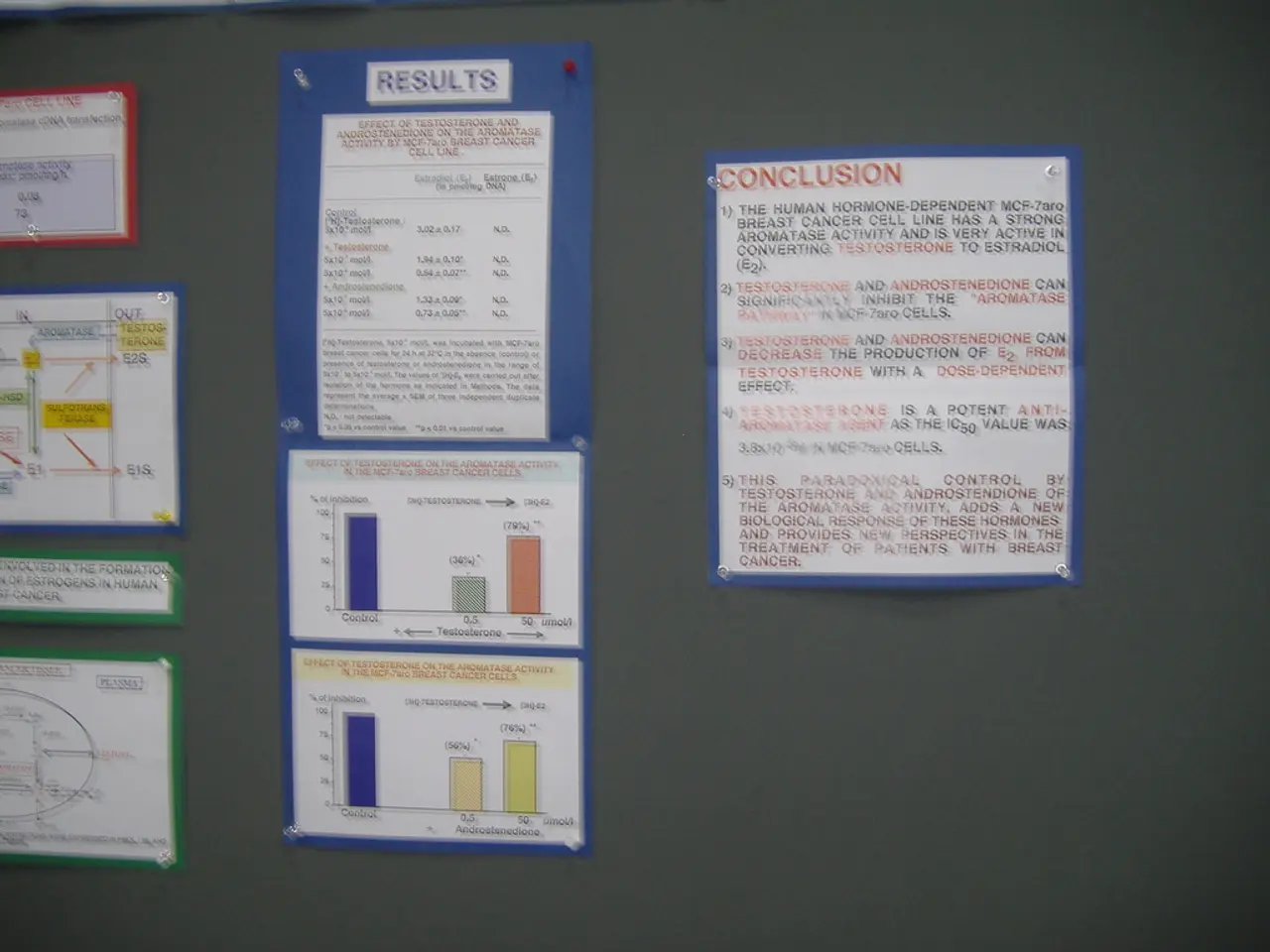The Connection Between Students' Emotions and the Precision of Their Note-Taking and Summary Composition During Academic Learning Utilizing ITSs.
In a recent study, the importance of investigating specific self-regulated learning processes, such as emotions, note-taking, and summarizing, was highlighted. However, existing research literature does not provide direct information about the relationship between these factors and proportional learning gain during self-regulated learning with MetaTutor specifically for undergraduate and graduate students.
MetaTutor, an intelligent tutoring system, supports self-regulation by prompting students to monitor and regulate their emotions and cognitive strategies, like note-taking and summarizing, which are associated with improved learning gains.
The study, which focused on learning complex science topics using MetaTutor, examined the note-taking and summarizing behaviours of 38 undergraduate and graduate students. The findings suggest a complex relationship between emotions, note-taking accuracy, and proportional learning gain.
Students expressed a range of emotions during note-taking and summarizing, with positive emotions such as joy and surprise, as well as negative emotions like confusion, frustration, anger, and contempt. Interestingly, emotions expressed during summarizing were positively correlated with summary accuracy, while contempt during note-taking was positively correlated with proportional learning gain.
However, note-taking accuracy was not correlated with proportional learning gain, and there was no correlation between note-taking accuracy and summary accuracy after summarizing. Furthermore, the study found no correlation between surprise during summarizing and summary accuracy, and frustration during note-taking was not correlated with proportional learning gain.
The findings indicate that emotions and note-taking accuracy may not be the sole determinants of learning gain, suggesting a more complex relationship between these factors. The study also suggests the development of adaptive ITSs that foster self-regulated science learning, with individualized scaffolding based on each student's learning needs.
In conclusion, while more targeted studies or experimental results are needed to provide precise empirical findings about the relationship between emotions, note-taking accuracy, and proportional learning gain in MetaTutor for undergraduates and graduates, this study provides valuable insights into the complex interplay between these factors in self-regulated learning environments.
- The development of adaptive intelligent tutoring systems (ITSs), such as MetaTutor, could benefit from fostering self-regulated learning in health-and-wellness areas, specifically mental health, for undergraduate and graduate students, considering the complex relationship between emotions, note-taking accuracy, and learning gains.
- In education-and-self-development, further explorations into the relationship between emotions, note-taking accuracy, and proportional learning gain, especially within self-regulated learning environments like MetaTutor, could advance our understanding of effective learning strategies, potentially leading to innovative learning solutions.




